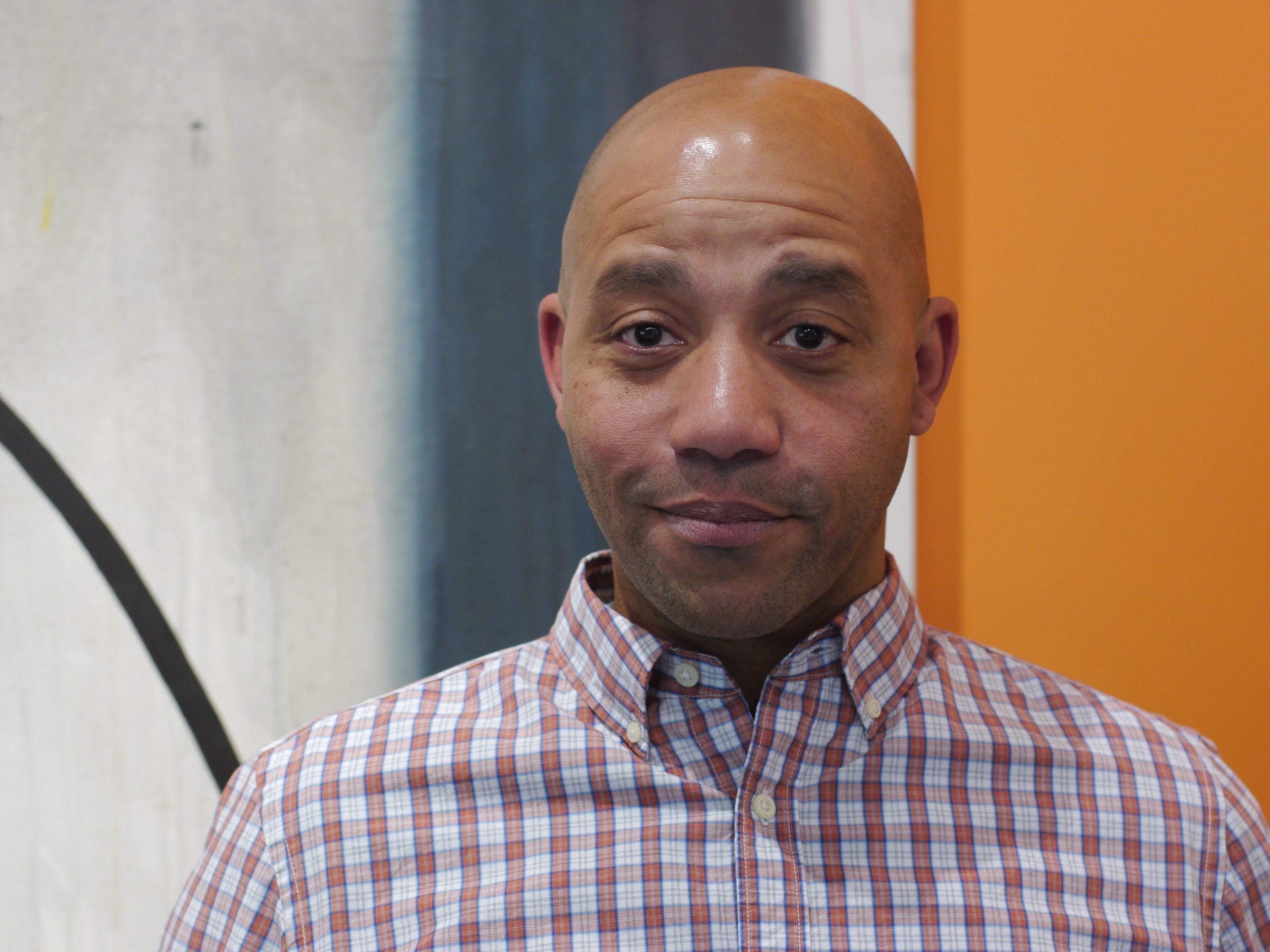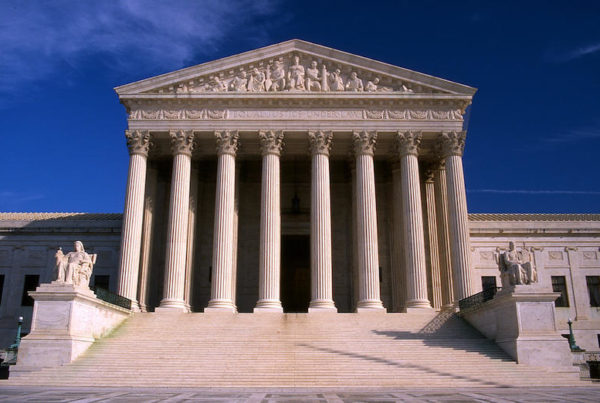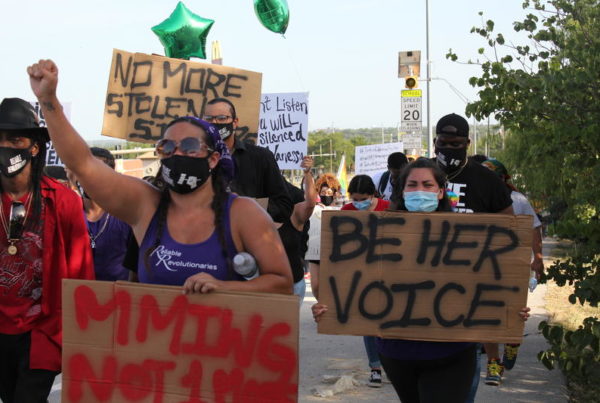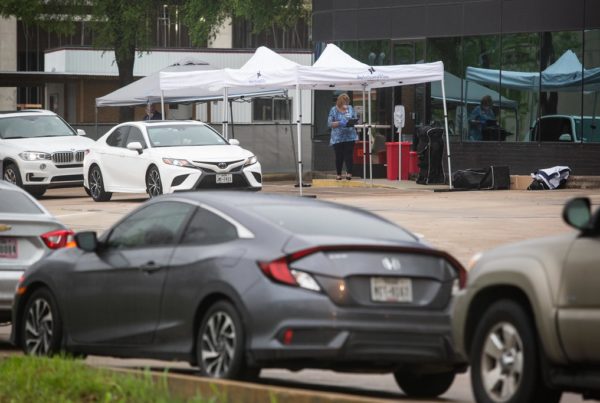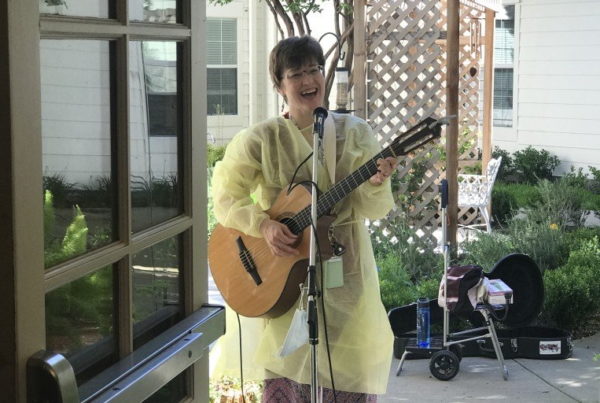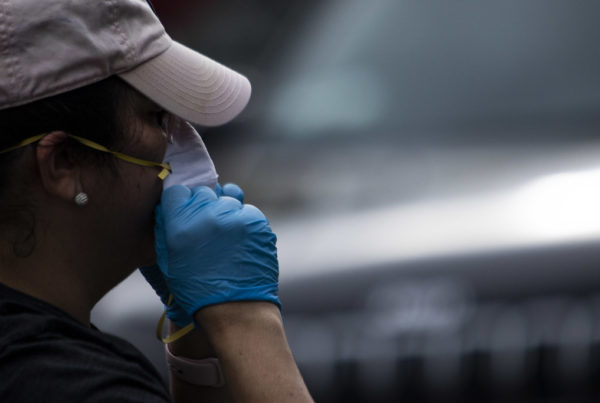“Teach me,” a friend said to me last week. “You’re a university professor. I want to know what I need to do to make things better for you.”
It’s now a month after the death of Houstonian George Floyd, and my friend asked me to lunch in reaction to the ongoing Black Lives Matter protests that have arisen since. I’ll confess: her request threw me. She and I are both 50-something Texans, both from the Panhandle — me, Borger; her, from a small town near Tulia, with its wretched history of racism by their local criminal justice system. She is white and dear to me; we dated for a time. I’m black.
“What is it you want me to teach you?” I started, then heard myself following with: “Why is it I have to teach you things you should already know?”
My sisters playfully chide me for being the stereotypical “angry black man” — Malcolm Farrakhan, one calls me — but I wasn’t trying to hurt my friend’s feelings. I genuinely wanted — and want — to understand. Given that the idea of race and racial difference is constructed — I’m not born with a gene that makes me a better dancer or more drawn to watermelon — then the fact that the police aim their policing disproportionately more at me than her is a by-product of how they’ve been conditioned by society and sanctioned by policies to see me as more of a threat. Yet, while it’s me who directly suffers from racism and therefore might seem to be the one to benefit from it ending, the problem is still hers at least as much as it is mine. She doesn’t seem to recognize this.
Racism in the United States is an American problem. Unlike most others, our country was built on a set of ideals — about the right to life, liberty and the pursuit of happiness. While shortfalls and outright failure in achieving these aims directly harm some, it’s to the detriment of all. And not merely in an abstract, heaven-or-hell moral way, but in the here and now. When I feel my children are at risk, I’ll do whatever I have to to deal with the threat.
But when it’s your son who, on only his third shift on the force, is ordered by his training officer to put his body weight on the back of a prone man while the supervisor kneels on the man’s neck, this makes of your son a murderer, and so it harms you and your entire family. When, in order to deter future migrants, your niece who works at the Border Patrol Processing Center in McAllen is ordered to take a baby from the arms of the Honduran mother breastfeeding him and handcuff and remove the mother, this makes of your niece a torturer, and so it harms you and your entire family. If we, as a society, stop attempting to live up to our national ideals, then the experiment of American freedom, however flawed, has failed, and all of us, the entire country, suffer for it.
Another piece of our shared problem is that white people, even well-meaning ones like my friend, tend to disbelieve black people when we tell them our realities. They want to believe, but it’s hard for them to. When I say that the store clerk seems to be following me or that the attendant spoke to me disrespectfully, my friend tends to see it as an anomaly. The impulse is to reduce the American experience to a single experience — white people’s — and the troubling event becomes the result of “one bad apple,” not of institutions and systems that cause these people to treat me in this way.
Was the travesty of the killing of 12-year-old Tamir Rice, shot while playing in a city park by an officer who’d already been fired by one police department before being hired by Cleveland’s, just a one-off? The answer, of course, is no. Because George Floyd in Minneapolis, and because Breonna Taylor in Louisville, and because Elijah McClain in Aurora, because, because, because…
African Americans and other people of color are the obvious victims. But all Americans are victimized because the promise of “America” dies a little more with each new death.
It was 168 years ago on that Frederick Douglass delivered his speech, “What to the Slave is the Fourth of July?” More than just calling for the abolition of slavery, he also spoke of a grander mission still — that the society of his day strive to finally achieve the ideals of equality for all Americans. How is it that, a century and a half later, and after a bloody civil war, after another 100 years of struggle for civil rights and so many martyrs gone, we still, today, read Douglass’s speech with contemporary relevance and not merely as an historical document?
How is it that white people don’t know any more than they know?
How is it that I, a professor who attempts to teach your children these fundamental truths, have to also teach them to you?


